We have recently received wonderful news: one of the funding requests has gone through! Indeed, an AIRC grant will allow us to implement our research on cancer, in parallel to ongoing studies in the field of cardiac regeneration and cardiotoxicity of anticancer therapies.
In fact, our laboratory aims at understanding the molecular mechanisms underlying cell differentiation and proliferation to develop new strategies to “block” cancer cells and to “unlock” the cardiac regenerative potential. In particular, with this project, we aim at studying the deregulations responsible for the development and progression of basal-like breast cancer, an aggressive tumor subtype.
In this research project, we will analyze the role and the molecular mechanisms activated by growth factors in cell differentiation. We hypothesize that pushing basal breast cancer cells towards a more differentiated phenotype would reduce their aggressiveness. The project has the potential to develop new differentiation strategies to prevent primary tumor cells from disseminating throughout the body and creating the so-called metastases, one of the major problems in solid tumor progression.
This funding will give us the opportunity to recruit two researchers (postgraduate or postdoc) in our research group in Bologna, from February / March 2021 for a total of five-year. Pre-doctoral researchers may also have the opportunity to start a PhD track. Interested and motivated researchers can contact us by email (duva.gabriele@gmail.com), attaching their CV.
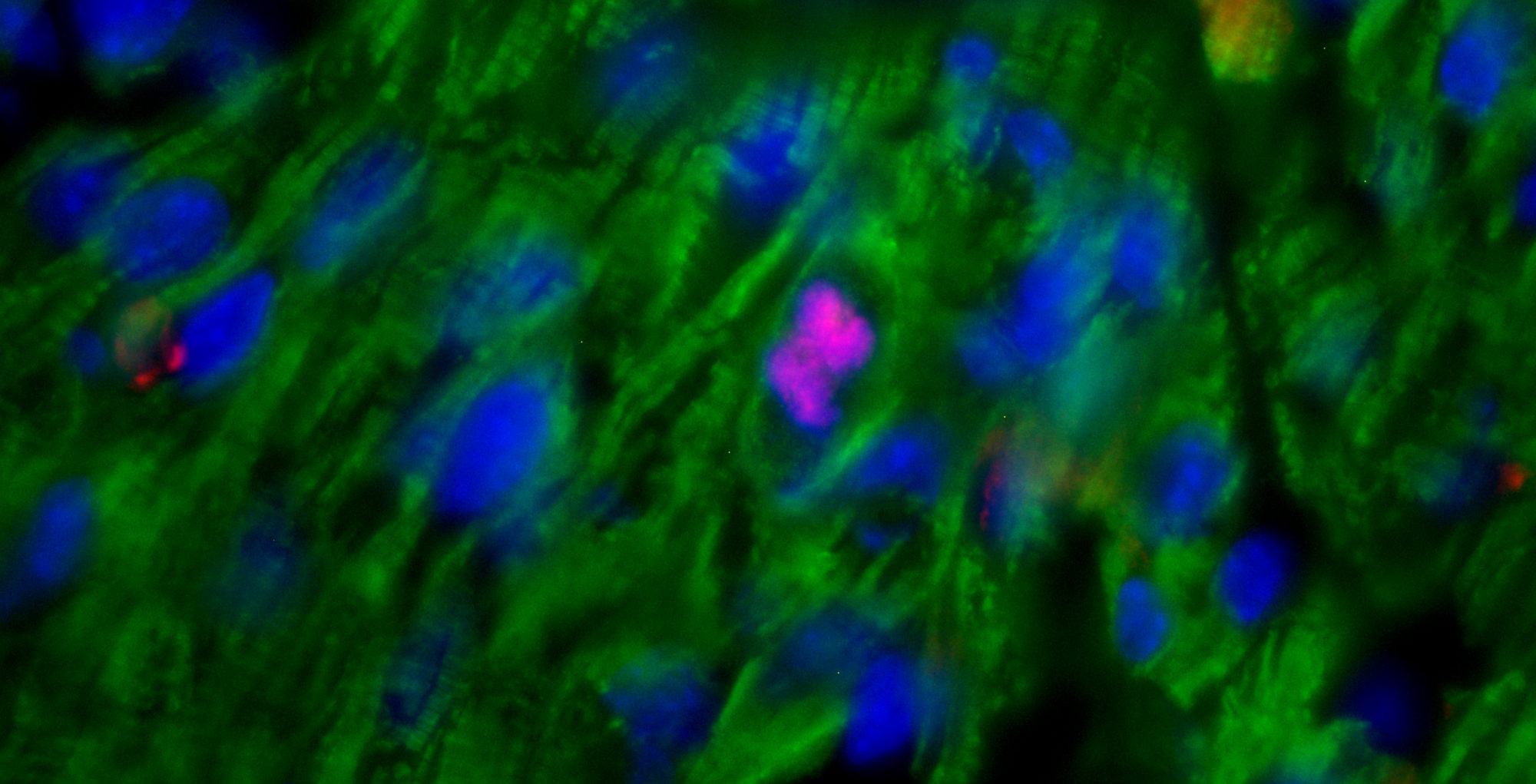
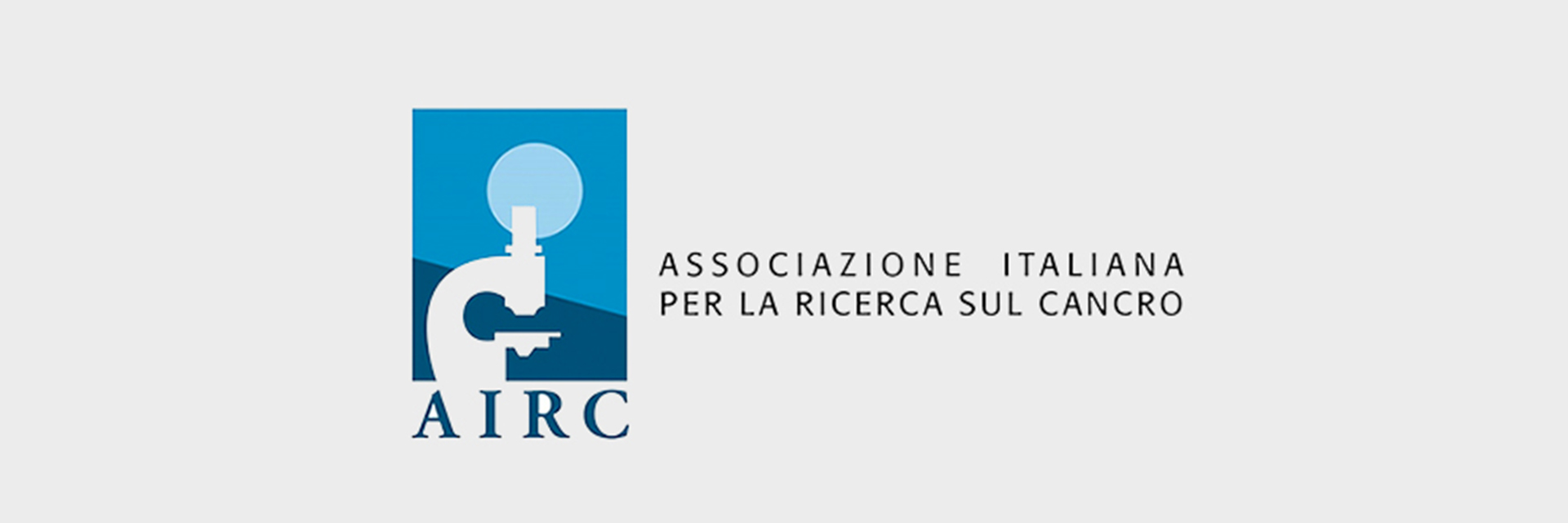
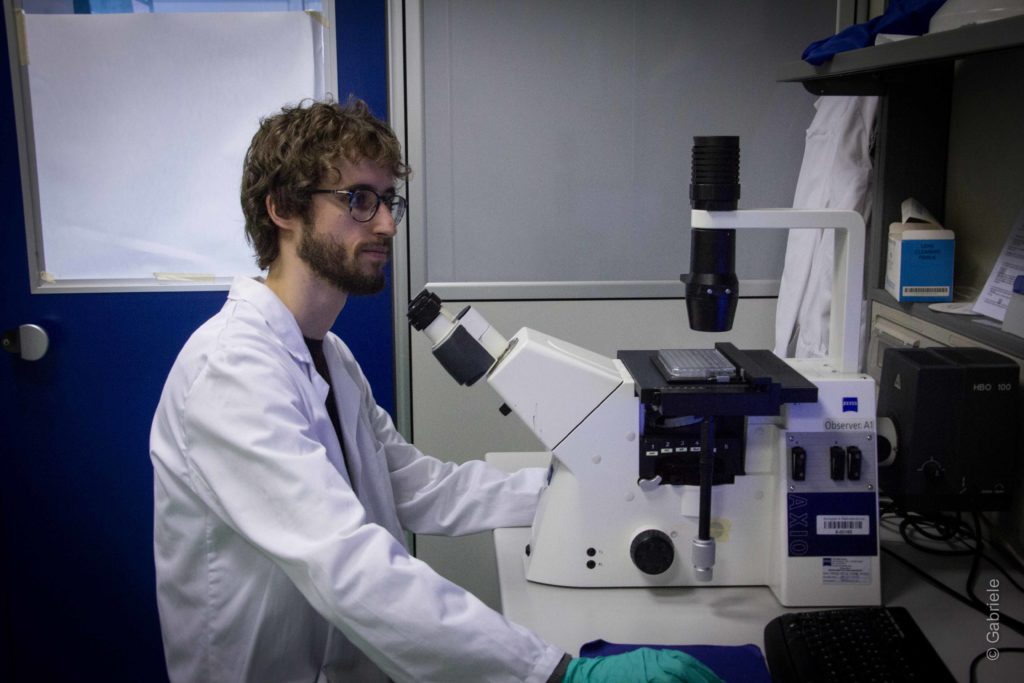
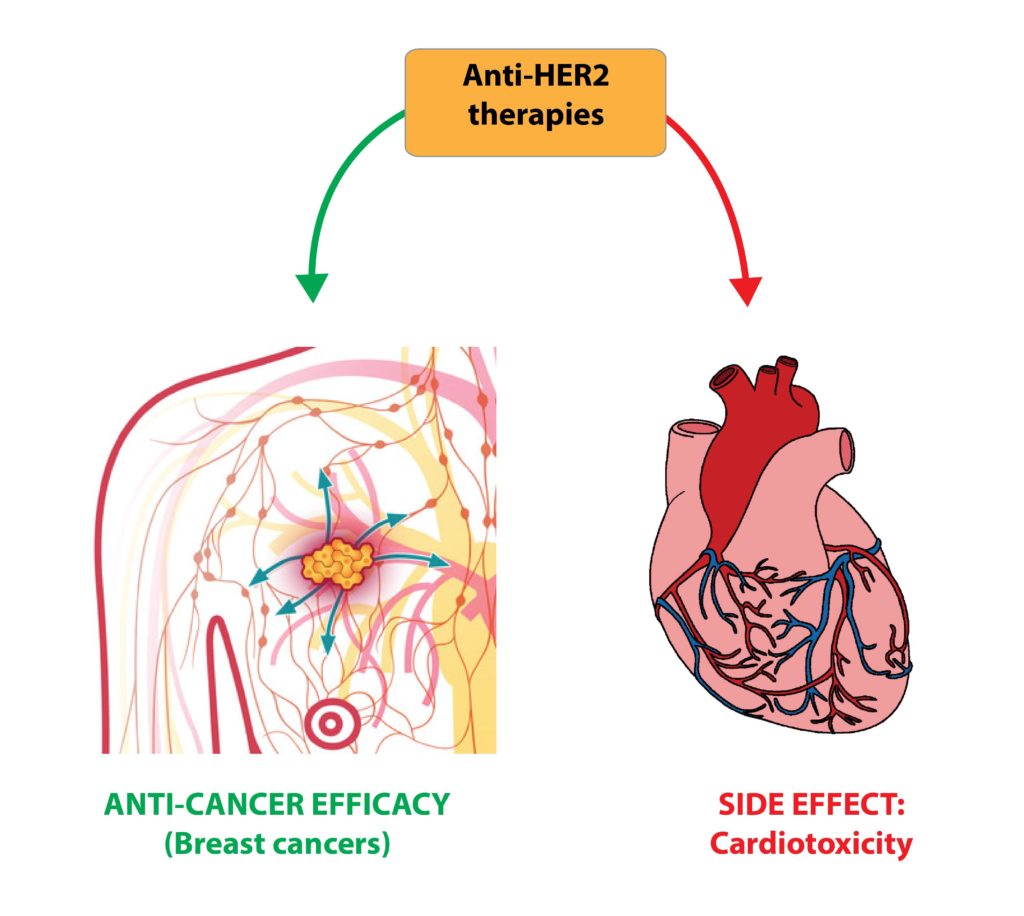
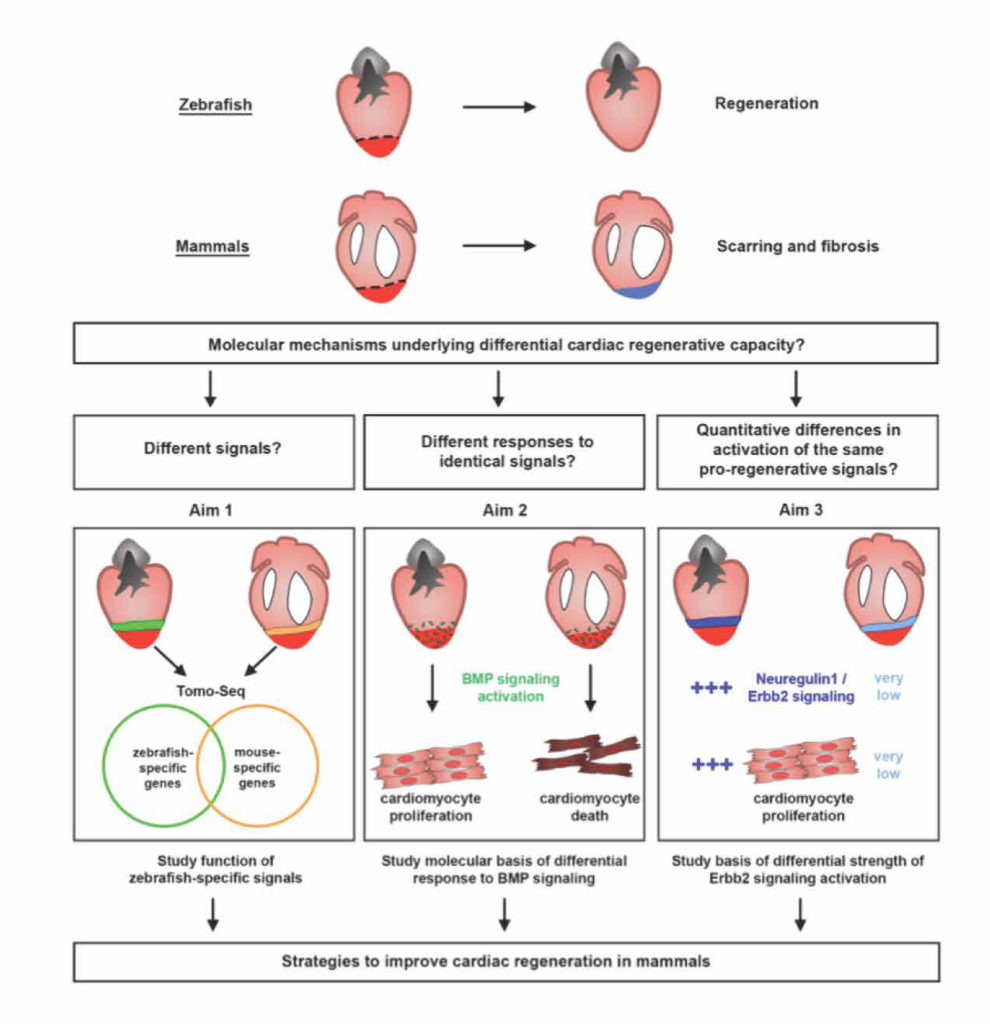
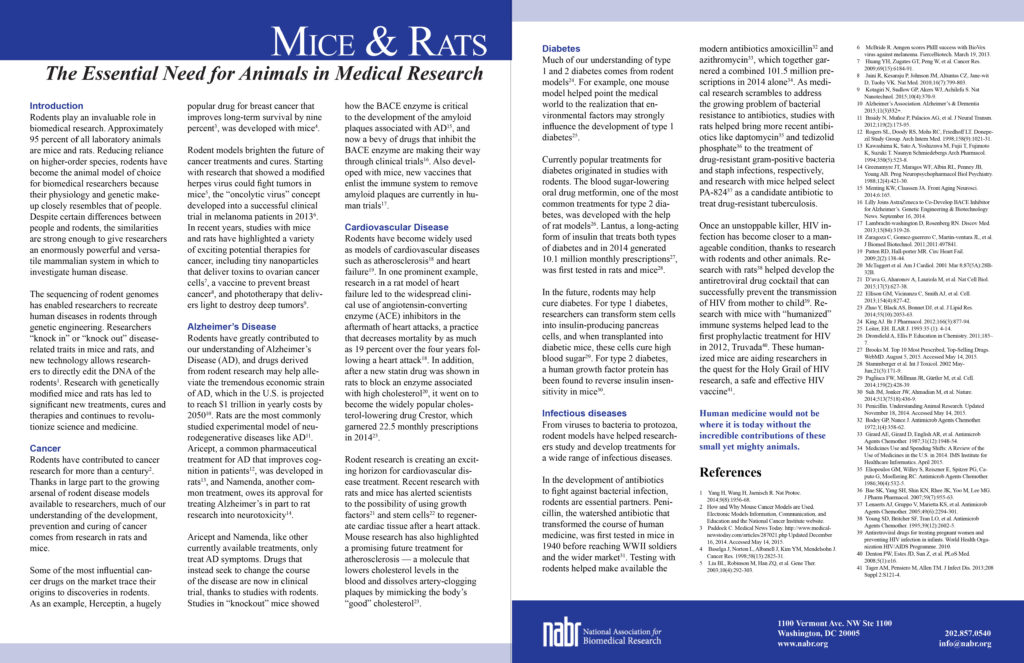
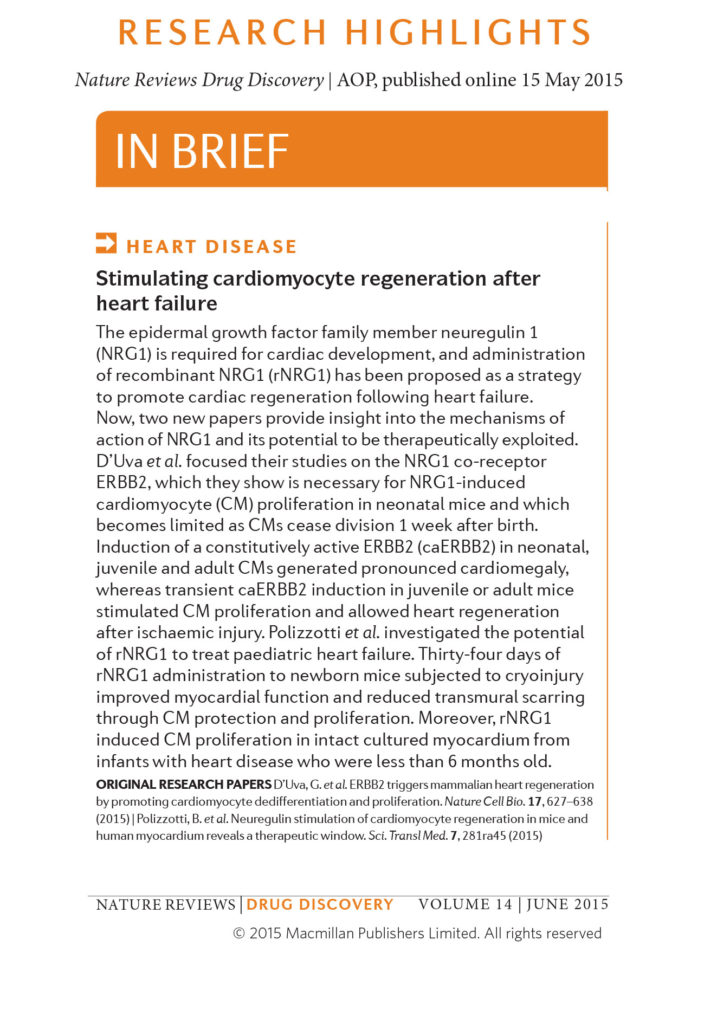
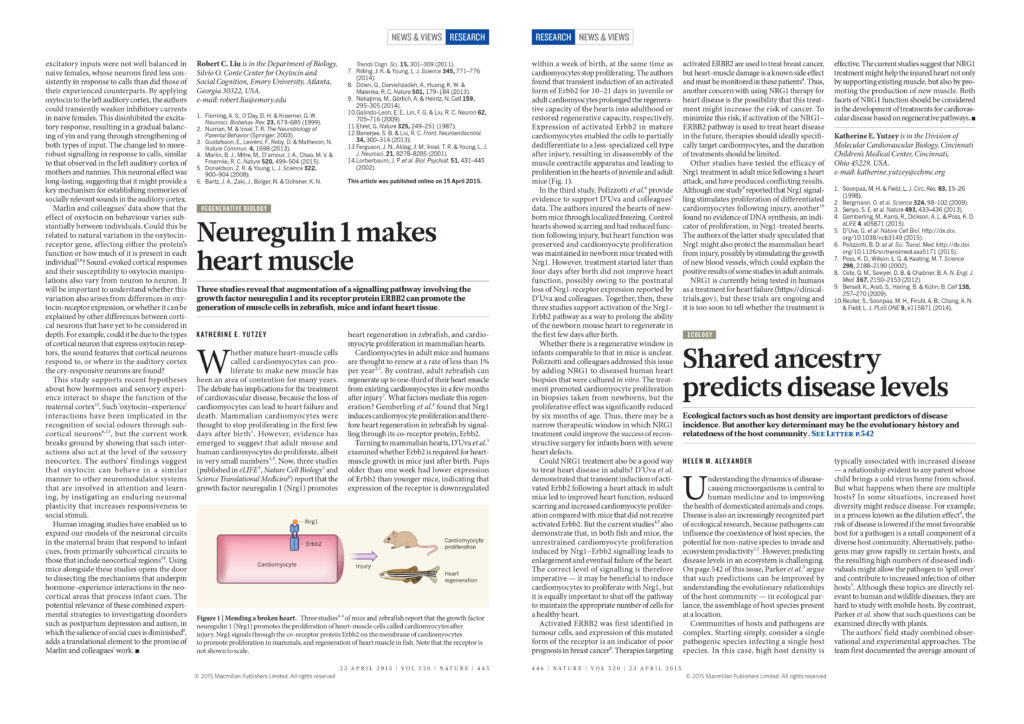
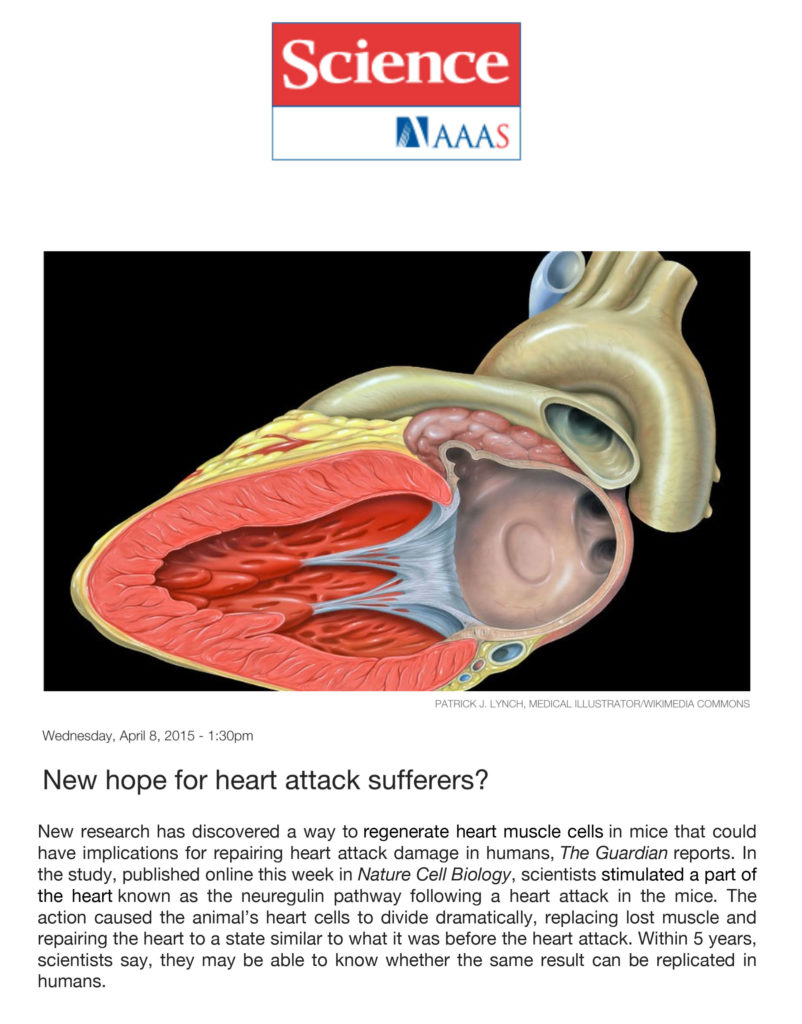
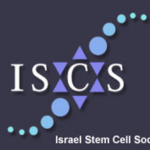 We won the poster session at the conference ISCS “The 4th Young Investigators Stem Cell Meeting” organized by the Israeli Stem Cell Society (December 2, 2012. Tel Aviv, Israel).
We won the poster session at the conference ISCS “The 4th Young Investigators Stem Cell Meeting” organized by the Israeli Stem Cell Society (December 2, 2012. Tel Aviv, Israel).